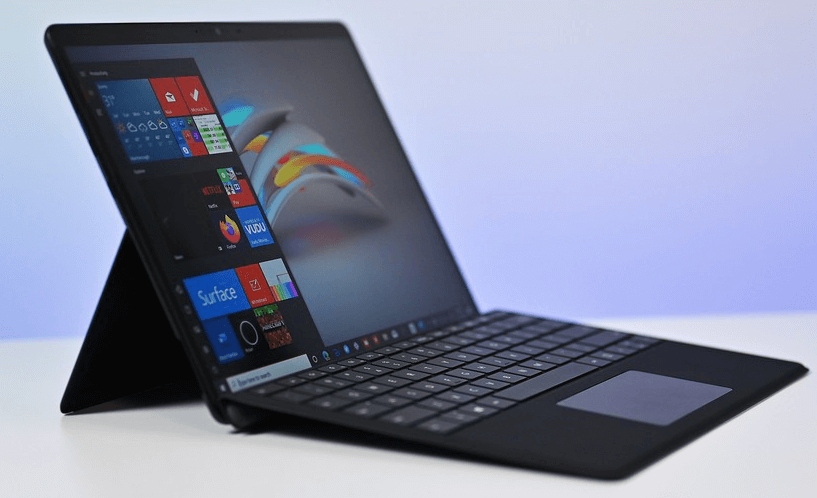
vector units or just instructions that aren't available on all CPUs). Thus can emulators make use of features specific to the CPU they're running on, which a compiler didn't make use of (i.e. The vast majority of code has not been compiled for a specific CPU, but only for a generic type, which represents many CPUs. Thus are there still ways for emulation to catch up to native code. But this helps emulators just as much as it helps native code. What compilers do now is to implement multiple versions of basically the same code, but for different conditions. So the art of self-modifying code got lost. Instruction caches stop working, code now often gets moved around in memory and nobody apart from brainiacs enjoys debugging self-modifying code. Only one doesn't see self-modifying code anymore these days. The notion from it being slower comes from the thought that what one can do in emulation, one could also do natively.
MAC OS EMULATOR SURFACE PRO PRO
This suggests that the performance of native code on Apple silicon will be quite impressive, and will leave Surface Pro X and WOA in the dust. The emulated performance of the Apple silicon is as good or better than the native performance of the SQ-1-based Surface Pro X.

But compared to Microsoft's Surface Pro X, which has the fastest available Qualcomm-based ARM chipset and can run Geekbench natively - not emulated - it's amazing: Surface Pro X only averages 764 on the single-core test and 2983 in multi-core. Those scores represent the performance of the device running emulated x86/64 code under macOS Big Sur's Rosetta 2 emulator.Ĭompared to modern PCs with native Intel-type chipsets, that's not all that impressive, but that's to be expected since it's emulated. Thurrott reports: According to multiple Geekbench scores, the Apple Developer Transition Kit - a Mac Mini-like device with an Apple A12Z system-on-a-chip (SoC), 16 GB of RAM, and 512 GB of SSD storage - delivers an average single-core score of 811 and an average multi-core score of 2871.
MAC OS EMULATOR SURFACE PRO WINDOWS 10
And it's bad news for Surface Pro X and Windows 10 on ARM fans. As expected, developers with early access to Apple silicon-based transition kits have leaked some early benchmarks scores.


 0 kommentar(er)
0 kommentar(er)
